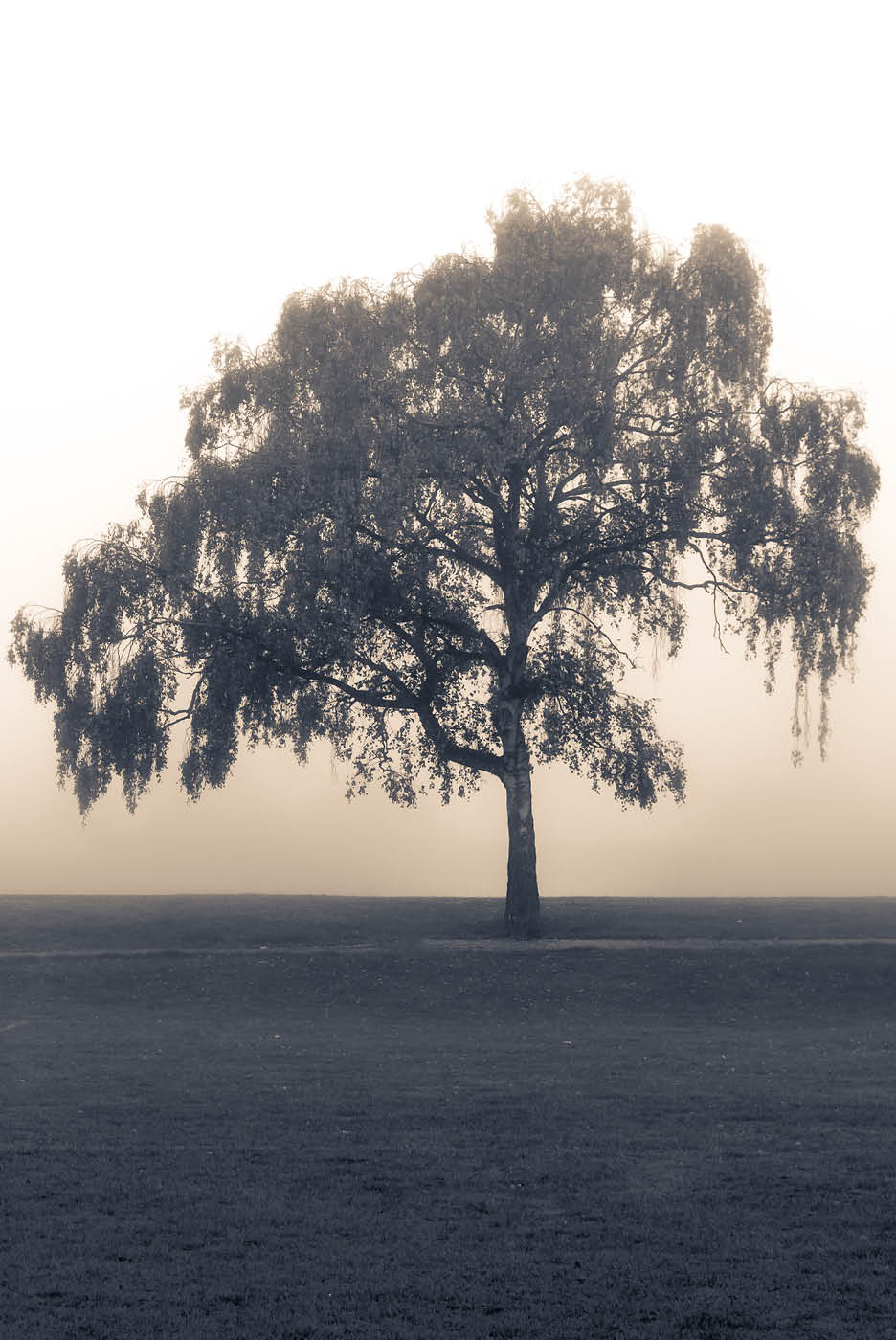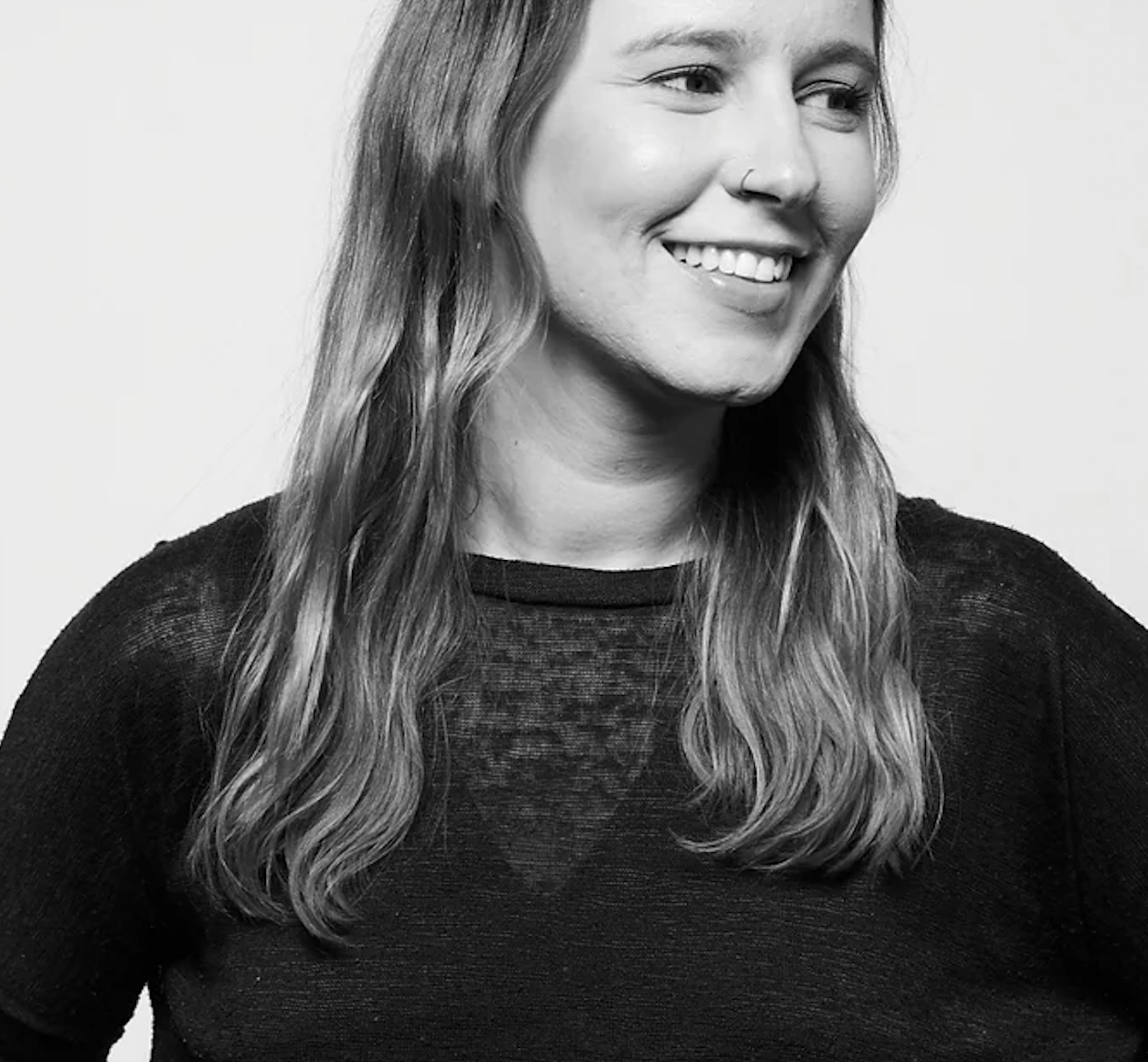My dad died after a four-month cancer battle. It’s the hardest thing I’ve ever been through.
But once I joined the club no one wants to be a part of, I realised that so many others had experienced what society would consider “worse”. Their mum died suddenly in her sleep. Best friend died by suicide. Little sister in a car accident. The list went on.
I was told, “At least you were able to say goodbye,” or, “At least you had as much time with him as you did”. Of course I was grateful for those things, but it also made me feel as though I was less worthy of the acute grief I was experiencing.
It goes both ways. I later found out about friends who were experiencing personal battles, but felt they needed to “tough it out” because I was mourning the loss of a parent.
I quickly realised that putting grief into a hierarchy – for any type of loss; death, marriage, missed opportunity – doesn’t do any favours for anyone, and that ranking and comparing loss only disrupts the grieving process and puts a big, horrendous red tape over one’s right to feel.
Once I joined the club no one wants to be a part of, I realised that so many others had experienced what society would consider “worse”
Everyone compares themselves to others. From how they look on social media compared to someone else, to how their career is tracking compared to a partner or friend. It’s a way people can make sense of the world around them and how they fit within it.
But this becomes tricky when the comparison lens is applied to loss – not only what or who someone is grieving, but how they’re grieving it.
Take the pandemic, for example.
So many people lost parts of their lives as they knew it – loss of a job, social connection, freedom, the opportunity for a child, and even loved one’s lives. The spectrum of grief being experienced during this time was (and in some cases, still is) far and wide, and it was endured mostly simultaneously.
Interestingly, this hindered people’s ability to acknowledge their feelings, because, well, how could they when someone was facing something that, by society’s standards, was more difficult?
Could they really complain about working from home when frontline workers were falling apart? Was it OK to be upset over missing your partner when people were sick and dying?
There’s a lot going on right now, too.
This week brought devastating news from the small US city of Uvalde, where 19 schoolchildren and two teachers were murdered in their classroom. Russia’s invasion of Ukraine continues to bring devastation and loss. Areas of New South Wales and Queensland are still recovering from the floods. It’s difficult to believe that any other personal issue is worthy of attention right now.
This grief-limiting exercise is what Professor Brené Brown referred to as “comparative suffering” in her podcast, Unlocking Us, during the first lockdown. “Without thinking, we start to rank our suffering and use it to deny, or give ourselves permission, to feel,” Brown explains.
Was it OK to be upset over missing your partner when people were sick and dying?
Sometimes, this comparative suffering functions as an avoidance tactic because people don’t want to actually feel their own feelings around a loss. It can simply be too much or too hard, and to focus on something else instead is a strategy as old as time. Denial is a widely considered stage of grief, after all.
“We have created this whole world of avoidance so that we don’t have to tap into our feelings,” says Karen Chaston, author of Demystifying Loss.
“So when something huge happens, we’re like, alright, just hand me the next glass. Let me work more. Let me totally avoid because feelings hurt.”
But, as Brown acknowledges, denying one’s feelings ensures that they grow. When they grow, they can make you feel ashamed, as other people are experiencing “worse” than you are. Shame turns your focus further inwards, making it harder to empathise with others.
But empathy is not a finite resource, says psychologist Katrina Alilovic. “People think there’s only enough empathy to focus on one thing, and that if we bring another different issue into the conversation, that we have to choose. We don’t have to choose.”
Societal expectations around grief don’t help with this inclination to compare. Whether it’s movies suggesting that pain will be resolved in a certain timeframe, or our productivity-hungry culture insisting on silver linings after loss, it’s no wonder people’s expectations of themselves aren’t lining up with the emotions they’re feeling.
“We overemphasise the cognitive part of ourselves,” Alilovic explains. “Somehow we give priority to what we’re thinking, but if you try and give equal airtime to what you’re feeling as well, and give yourself a bit of grace around that, it can take the pressure off.”
Empathy is not a finite resource
It’s a normal, human response to compare grief, but it’s important to give yourself the space, the time and the right to grieve.
Of course things could be worse. But that knowledge, along with understanding that they could’ve been better, too (or that it could’ve not happened in the first place), are essential to having perspective without derailing the validity of your grief.
Everyone deserves the right to grieve, and it can absolutely be done with the awareness of other pain being experienced.
Once you can realise that and offer yourself the opportunity to tend to your own pain, the sooner you can offer support, love and guidance to others who need the exact same thing.













No Comments